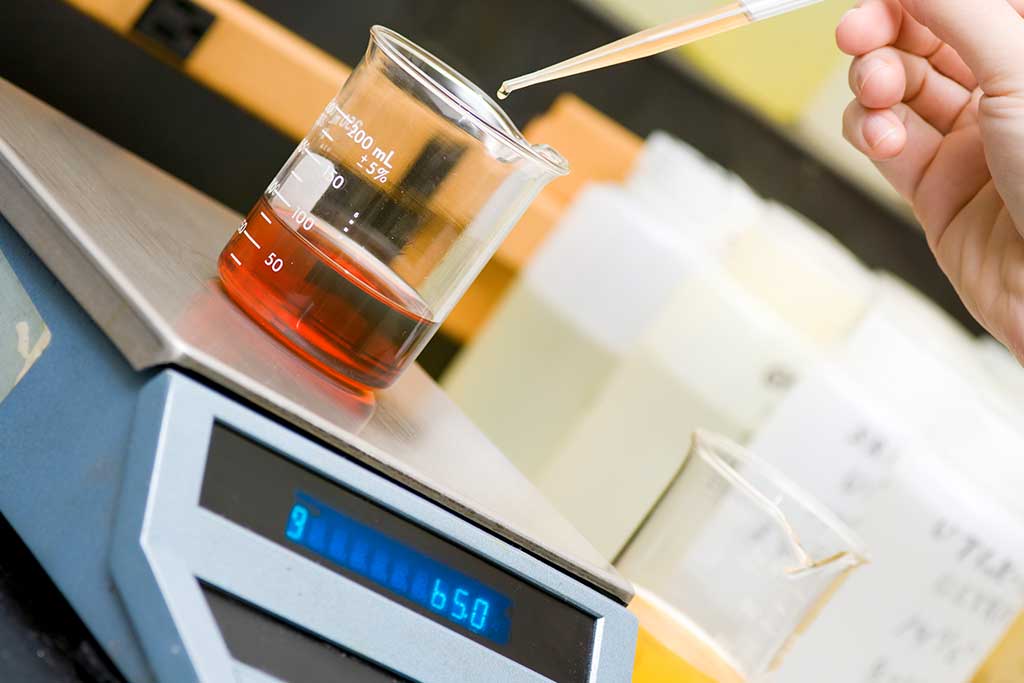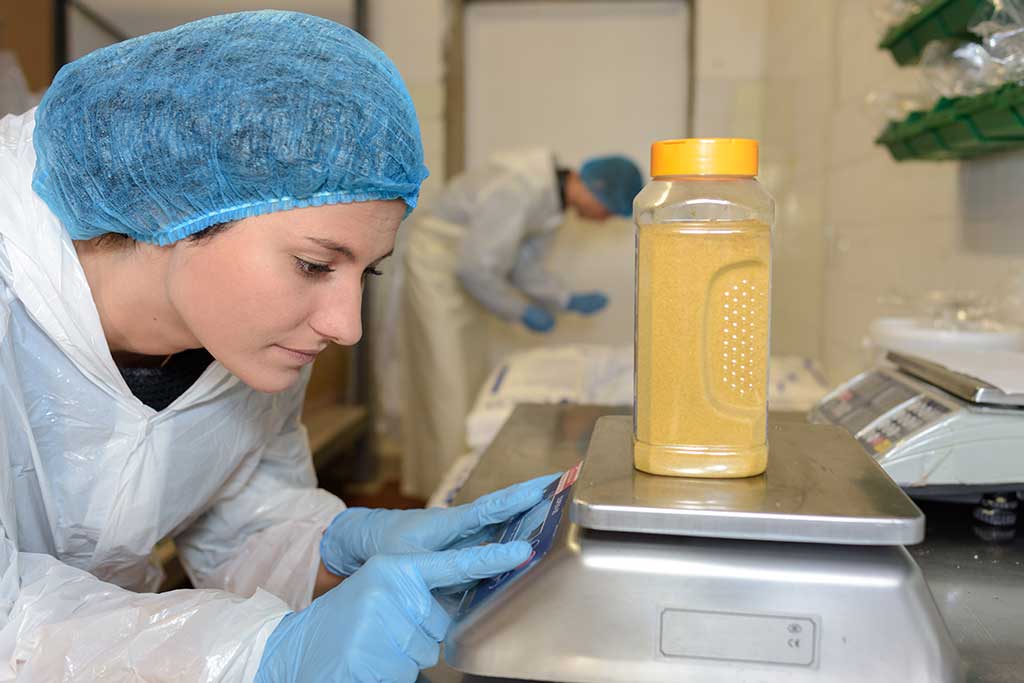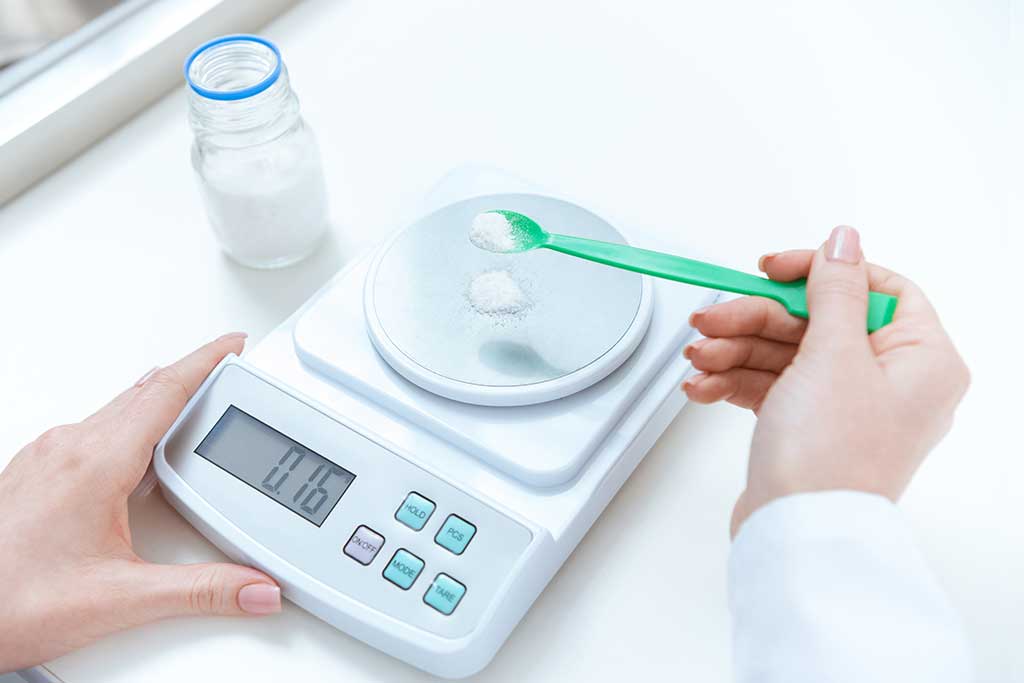Trust Allometrics for Precision Calibration Services
Industrial scales provide business in diverse industries with an effective means of achieving precise readings of weight measurements in a variety of different applications.
When searching for laboratory balance or scale calibration, testing, or repairs, it is crucial that you enlist the help of a professional calibration team. Why? Because a skilled and experienced team gets the job done correctly. Allometrics is the ideal partner for all your weighing calibration needs.

Balance Vs. Scale
A balance compares the mass of an object to known standard weights and is used for precise measurements in laboratories.
A scale measures an object’s weight directly by exerting a force on it and is commonly used in everyday settings, such as homes and stores.
What is Laboratory Balance and Scale Calibration?

Laboratory Balance and Scale calibration is the process of validating a weighing instrument’s precision by performing extensive testing. Once we’ve completed the examination, the data obtained is compared with a known and accepted standard.
Laboratory Balance and Scale calibration allows us to identify any problems with data outputted by a weighing instrument and, rectify it as needed.
The calibration services provided by Allometrics typically include both the instrument’s analysis and when required, the repair of the instrument to bring their precision back to acceptable standards.
Why Is Laboratory Balance and Scale Calibration Needed?

The precision of all weighing instruments slowly degrades over time as a result of continuous use, electrical overloads, environmental changes, and accidents. Consequently, all these factors contribute to changes in instrument performance. If these issues are not addressed, inadequate readings may result.
What Benefits Does Regular Calibration Provide?
Regularly calibrating your weighing equipment ensures it is fit for use, and it will provide weight measurements with minimal deviation from the industry’s accepted standards.
Additionally, Allometrics will issue a certificate providing a comprehensive breakdown of the testing methods, standards used, data collected and analyzed, as well as issues identified and rectified.
Risks of Not Calibrating Your Measurement Equipment
By using improperly calibrated instruments, businesses run the risk of encountering production problems, including:
- Safety Issues
- Wasted Time, Resources, and Manpower Capabilities
- Unscheduled Downtime
- Product Quality Issues
- Process and Audit Problems
- Product Recalls and Rework

Our Services Offer Many Benefits, including:
1. Maintaining instrument precision and measurement accuracy.
2. Ensuring regulatory compliance at all levels.
3. Saving money by preventing rework, waste, and recalls.
4. Averting financial penalties, legal issues, and customer complaints.
5. Extending equipment lifespan.
6. Offering traceability for your instruments.
7. Enhancing industrial processes and profitability through calibrated instruments.
Allometrics offers professional calibration services by trained CETA-certified, and NSF-accredited technicians. Additionally, our state-of-the-art ISO 17025 accredited laboratory is among the best in the region.
Our knowledge and expertise guarantee that our calibration and certification services surpass the industry’s standards.
